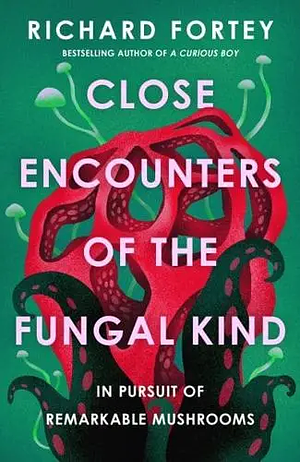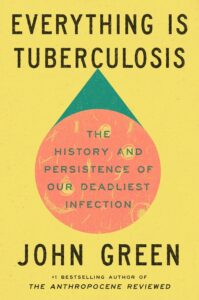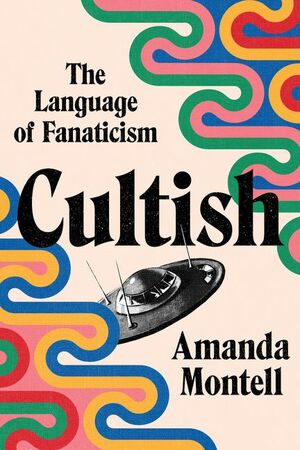
Close Encounters of the Fungal Kind
by Richard Fortey
Genres: Non-fiction, SciencePages: 336
Rating:

Synopsis:There are three great kingdoms of life – Animals, Plants and Fungi – but the fungi always come in third place. This may be because fungi seem alien to many their strange forms, their rapid appearance and disappearance, their hidden means of feeding and propagation. In Close Encounters of the Fungal Kind, acclaimed scientist and author Richard Fortey acknowledges this otherworldliness, marvels at their unique charm and boots-up as a guide through this great, mysterious Kingdom of life.
To Fortey, the strangeness of fungi is what makes them so exciting. Many people find them alien and the way so many toadstools appear so quickly and disappear with equal dispatch; their strange forms and colours; their reputation as poisoners. But for Fortey, the extraordinary nature of fungi makes him wonder, think and marvel. In Close Encounters of a Fungal Kind, Fortey leads us on a glorious literary journey, narrated through field trips to real places in search of the strangest, most extraordinary, or even most delicious fungi.
Writing with characteristic warmth, wit and wisdom, Fortey focuses on a selection of the larger fungi, the kind that might be spotted on a country walk, and a handful of microfungi that have particularly caught his attention. His enthusiasm and passion as a life-long ‘mushroom twitcher’ is infectious as he shares his own ‘close encounters’ and brings us along on his treks through this magnificent Kingdom.
The unique charm of the mushrooms themselves is centre stage in this gripping narrative that explains what fungi do in the natural world and rejoices in their profusion and diversity.
Richard Fortey’s Close Encounters of the Fungal Kind is all about obsession with fungi, and often, about collecting them. He’s fascinated by every aspect of them, including identifying them, about how they grow and where they grow, about fungal diversity and whether (as with a lot of other species of all kingdoms) fungi are declining in the modern world.
His interest in eating and collecting fungi is not one I share, but it’s a clear passion, and that’s always fun to read. I think I’d have liked something more focused on the science of fungi — how they work, and even more of their diversity, e.g. delving into fungi like yeast (like baker’s yeast and Candida). But that’s my obsession, not his.
I think I found his writing more engaging about fossils and so on, a thing I think I’ve said before. Maybe that’s because he was younger then and his tone’s evolved, maybe it’s just that that was a topic where he was on surer ground. (It definitely isn’t always my ground, to be clear: I enjoyed his books that discussed lots of geology, which I find dead boring for the most part.)
Fun enough, in any case, and if you’re interested in collecting fungi, it’s not exactly a reference book but it is a fun description and discussion of such a hobby.
Rating: 3/5












